While Latinos faced brutal attacks in 2019, including a rise in hate crimes against our communities and vicious political assaults aimed at immigrants and people of color, this year also reminded us of our might. Across fields, our people have been using their voices, talents and smarts to uplift our stories and promote our culture. Whether producing journalism that spotlights, and weakens, corrupt governments, using the arts to raise trans, disability, Black and immigrant struggles and voices, breaking political barriers, advocating for ourselves as well as those who do not look like us or starting businesses rooted in culture, wellness and community, we showed our beauty and force.
With so many examples of Latino power and excellence in 2019, we rounded up a list of 25 Latinos who made an impact in their communities. Meet them below.

Kali Fajardo-Anstine
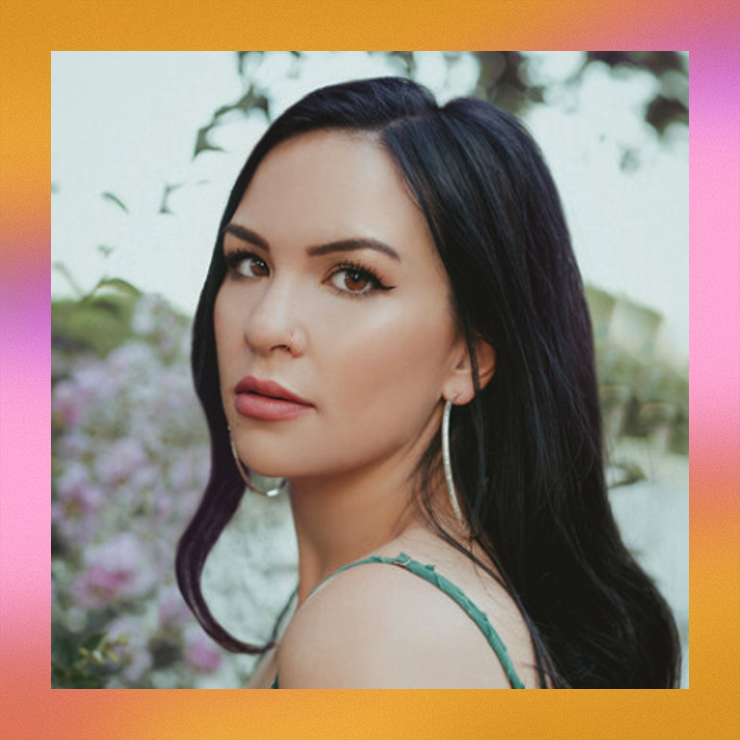
In Sabrina & Corina, author Kali Fajardo-Anstine pays tribute to Denver, her hometown. The book of short stories focuses on Latinas of Indigenous ancestry and their gentrifying neighborhoods, their relationships and more. Before the book’s April 2019 release, Fajardo-Anstine had already received praise from Sandra Cisneros and Julia Alvarez. Since then, Sabrina & Corina has been named a National Book Award finalist, longlisted for the Aspen Words Literary Prize and selected as one of Kirkus Review’s best book of the year in fiction, debut and short stories.
And perhaps, best of all for someone who wrote a Denver-centric book, Sabrina & Corina landed on the Denver Post’s local bestseller list for at least six months. – Yara Simón
Center for Investigative Journalism in Puerto Rico
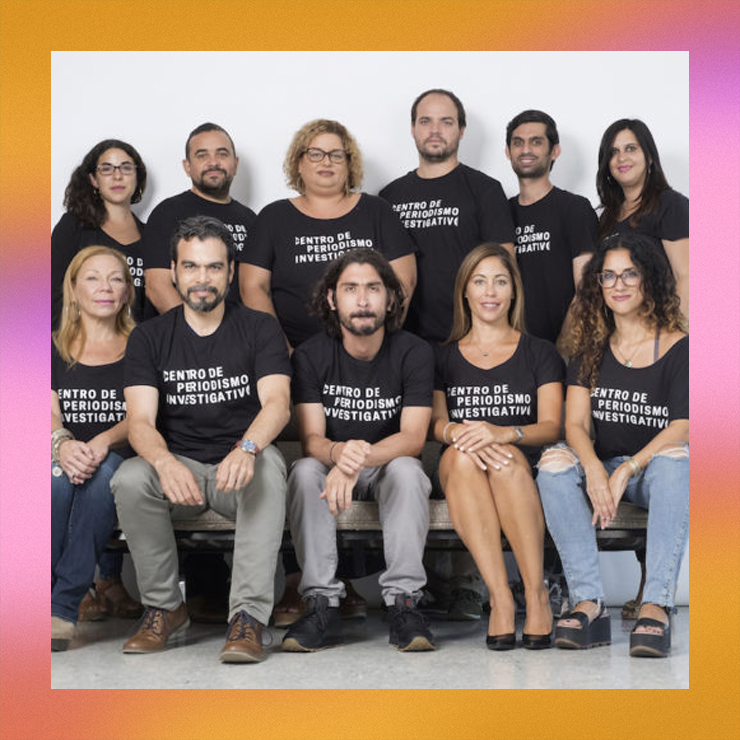
On July 13, 2019, Centro de Periodismo Investigativo (CPI), a Puerto Rican nonprofit news outlet, published 889 pages of damning private messages among then-Gov. Ricardo Rosselló and members of his administration. The messages included the politicians making homophobic, sexist, transphobic and classist remarks, mocking the victims of the devastating Hurricane María and revealing apparent corruption. News of the “RickyLeaks,” as they were nicknamed, circulated around the archipelago and, when thousands began protesting for the resignation of the governor, the entire U.S. CPI’s reporting inspired one of the largest mass protests in Puerto Rico’s recent history, with nearly a million people demonstrating traditionally and creatively to oust Rosselló, which it did when the former leader announced on July 24, 2019 that he’d be stepping down — just 11 days after the small, underfunded journalism newsroom published the chats. – Raquel Reichard
Loose Accents
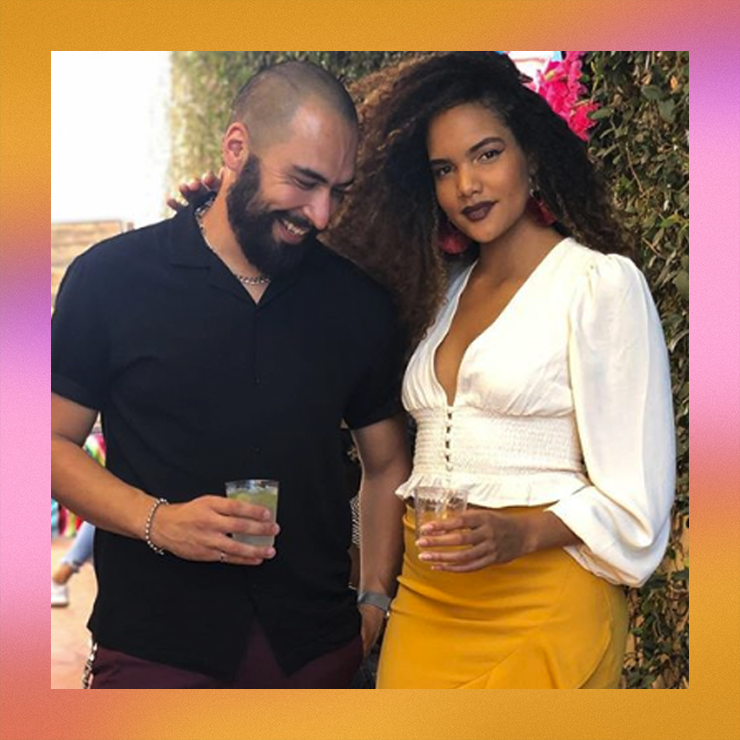
On May 6, 2019, Afro-Dominican poet Danyeli Rodriguez Del Orbe and queer Mexican activist Ernesto Rocha launched Loose Accents, a Latinx immigrant podcast for the pressed and unbothered. The series, recorded in Los Angeles but featuring both West Coast (Rocha) and East Coast (Rodriguez) perspectives, is beautiful, hilarious and healing, almost like an intimate hug from your ride-or-die who laughs with you and loves you whole. Past episodes have touched on queer romance with the Unapologetically Street Series’ Johanna Toruño and Veggie Mijas’ Amy Quichiz, hoetry as poetry with Yosimar Reyes and queerness and faith with David Calvillo, among so much more. – Raquel Reichard
Daniel Alvarenga

For Daniel Alvarenga, journalism has always been a chance to shine a light on Central America. Alvarenga, who joined AJ+ in 2017, has used this platform to tell the stories of immigrants, the LGBT+ community and more with nuance. This year was no different. In 2019, Alvarenga spoke to Maya immigrants about Indigenous children dying at the border, spotlighted Indigenous peoples in Bolivia who oppose the ouster of President Evo Morales and reported on how xenophobic behaviors hurt Central Americans in Mexico.
With the media still largely treating Latinxs and Latin Americans as a monolith, Alvarenga digs deeper, while uplifting the voices of the most marginalized. – Yara Simón
Concepción de León
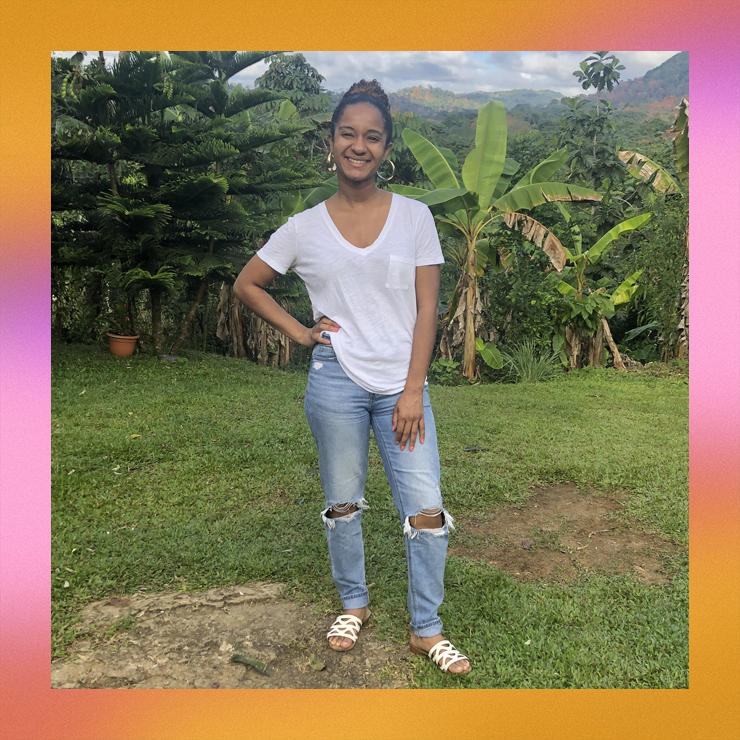
Concepción de León is a staff writer at The New York Times. The New York-based Afro-Dominican journalist covers literary news and culture for the Books Desk. She often spotlights authors and stories with marginalized identities or under-told stories, from books lists that help readers better understand the border or introduce them to Indigenous authors to interviews with authors of trans YA books or fans of the late Toni Morrison. While at the Times, de León also created El Espace, a weekly column about Latino news and culture for the Styles section. – Raquel Reichard
Omi Coronado
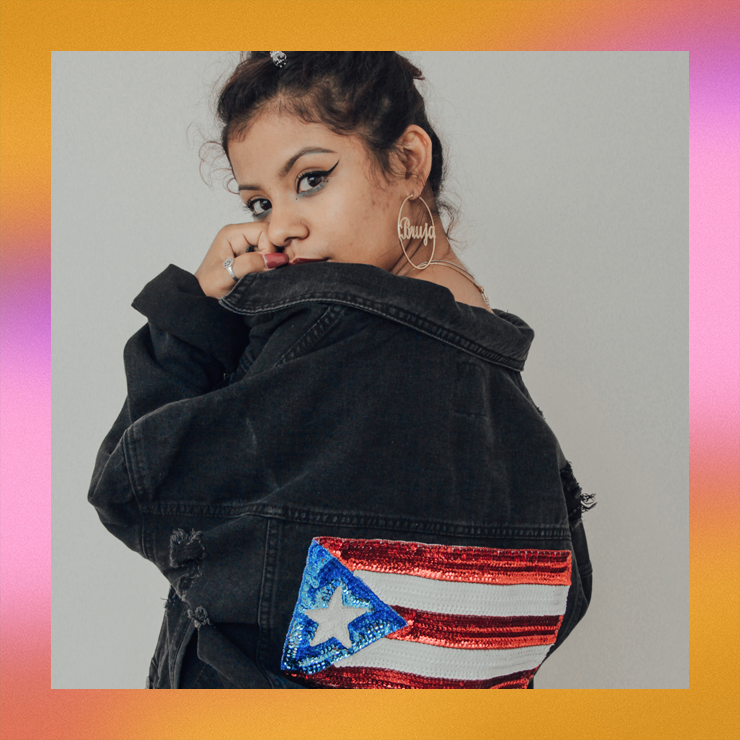
In 2015, Omi Coronado, then 16, founded Lets.Give, a Los Angeles-based, youth-led grassroots nonprofit giving back to local, domestic and international communities through a series of service, culture and fundraising initiatives. Since then, the now-20-year-old Guatemalan-Puerto Rican activist and student has helped the organization grow, with hundreds of young members and volunteers who organize feedings on Skid Row, toy drives in Watts, face paintings for the children of farmworkers in Bakersfield, self-love workshops in Hawthorne as well as deliver groceries for survivors of Guatemala’s volcano eruption and transport 49,000 pounds of goods for Puerto Rican survivors of Hurricane María, among so much more. – Raquel Reichard
Xiye Bastida
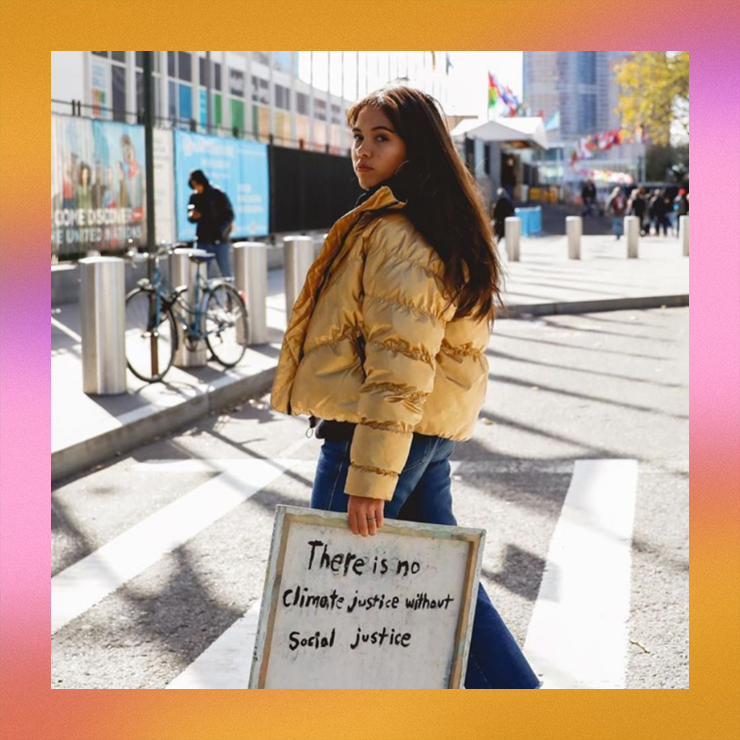
While the inspiring Greta Thunberg, 16, has become the face of climate justice, she’s just one of many young people fighting for this important issue. For Xiye, who lived in San Pedro Tultepec before moving to New York, her relationship with the Earth is informed by belonging to the Otomi-Toltec Nation. “Earth is our home,” she told PBS. “It gives you air, water and shelter. Everything we need. All it asks is that we protect it.”
This year, Xiye – who’s part of the Peoples Climate Movement, the Sunrise Movement and Extinction Rebellion – organized a walkout at her high school. About 600 students joined her. More recently, she worked on The Global Climate Strike. Because the protest took place during school hours, Bastida and other youth organizers got 15 City Council members to ensure that participating in the protest would count as an excused absence.
Xiye has had to cut back on her hobbies because of her activism, but it’s been worth doing such meaningful work. “I’ve been doing gymnastics since I was 4 years old, and now I can’t because I don’t have time,” she told Yale Environment 360. “So it hurts a little bit, but I know that what I’m doing is giving me so much energy and empowering me so much. And when I’m striking outside in the street, that energizes me. It’s rewarding.” – Yara Simón
Indya Moore

Indya Moore may be a leading act in the hit FX television series Pose, but the non-binary performer is so much more outside of their role as Angel Evangelista. The Bronx-born actor and model is also a fierce activist, dedicating much of their time educating fans on issues impacting people of color and queer communities and advocating for these individuals, both through social media as well as public speeches. This year, Time magazine named the Haitain-Puerto Rican-Dominican Moore one of the 100 most influential people in the world. – Raquel Reichard
Andrea Lausell
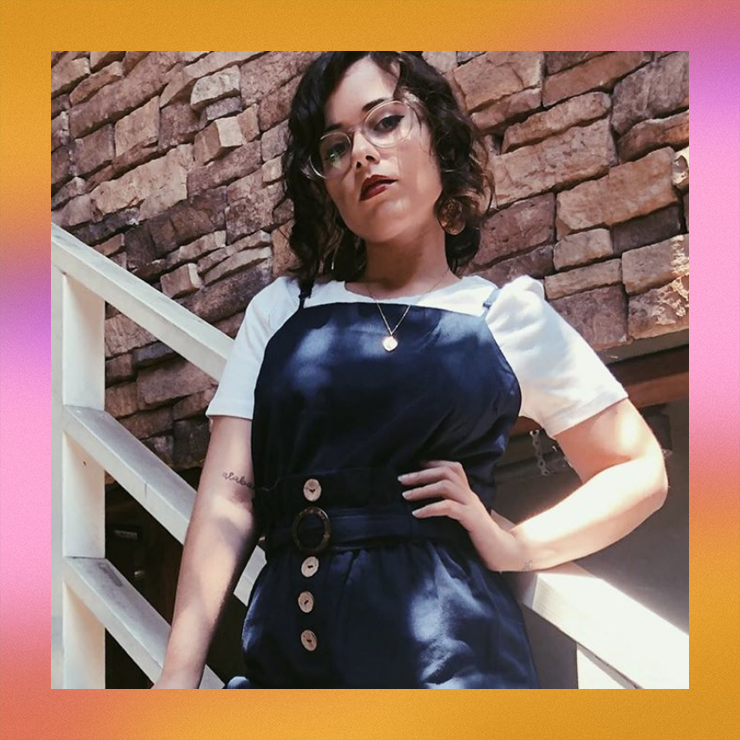
Andrea Lausell is a Latina activist and creative working toward disability rights. The Orlando-raised, Los Angeles-based leader creates content about being a young Puerto Rican-Cuban woman with spina bifida, a chronic condition impacting one’s spine, as well as advocates for accessible technology and fashion. Whether writing or through her videos on YouTube, Lausell is informative, passionate and absolutely hilarious. This year, she was nominated for a Tecla Award for Best Social Good Content Creator and was selected to participate in YouTube’s NextUp creators camp for promising vloggers. – Raquel Reichard
Amy Quichiz
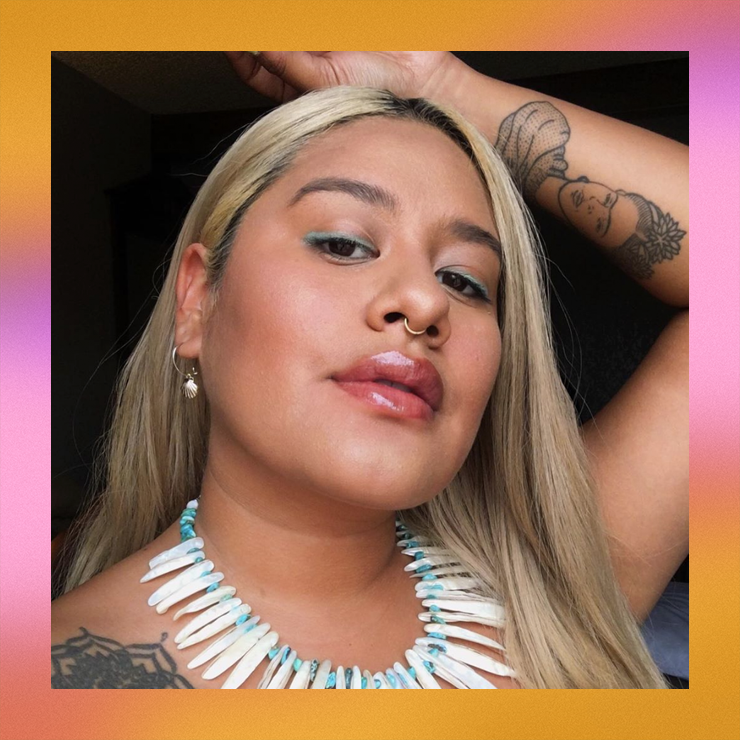
In 2018, writer Amy Quichiz launched Veggie Mijas, a collective promoting a plant-based lifestyle while centering women of color, non-binary folks of color and femmes of color. This year, the Peruvian-Colombian-American organizer has continued expanding Veggie Mijas, which published a cookbook featuring recipes from WOC this year. “There are many similar stories where we do not find ourselves in the vegan/plant-based movement because of the space that isn’t created for us,” a Veggie Mijas Instagram post reads.
This accomplishment is on top of the collective hosting events – from reducing plastic consumption to cleanups – across the United States. – Yara Simón

Melania-Luisa Marte
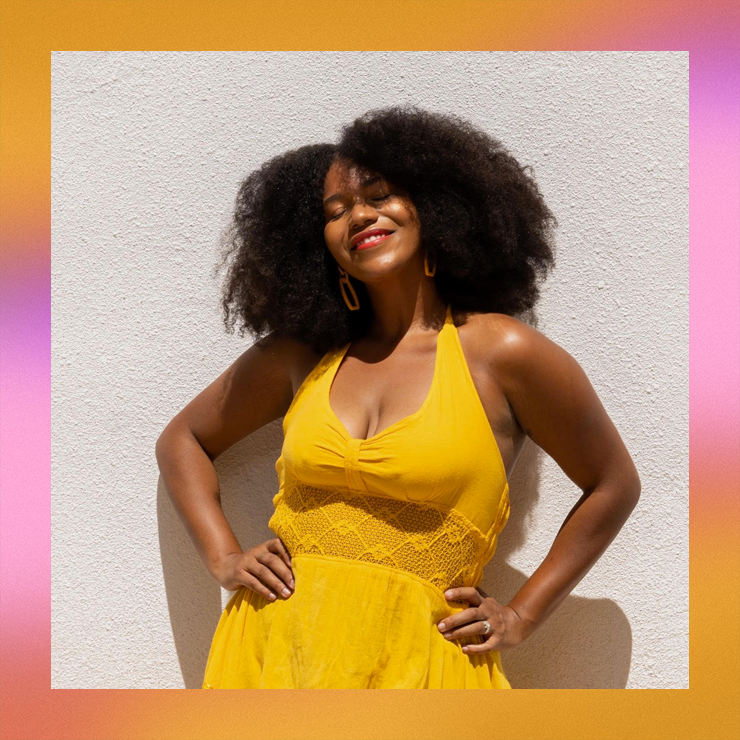
Melania-Luisa Marte is a fierce Dominican-American poet. Born in the Bronx, New York and raised in the Lower East Side neighborhood of Manhattan, the Afro-Latina’s writing often centers on identity, culture, intersectional feminism, beauty and love. This year, her powerful poem “Afro-Latina” was featured by Instagram on its IGTV for National Poetry Month, garnering more than nine million views. The poem was also used in a petition to have the word Afro-Latina included in the dictionary. In addition to national performances and selling out beautiful merch inspired by her poetry, Marte also teamed up with Chicana poet Angélica Maria Aguilera for the Adios America Tour, presenting work that tackles immigration, anti-blackness and feminism among the Latino community, which included stops in Texas, Boston, Washington, DC and more. – Raquel Reichard
Dee Nasty
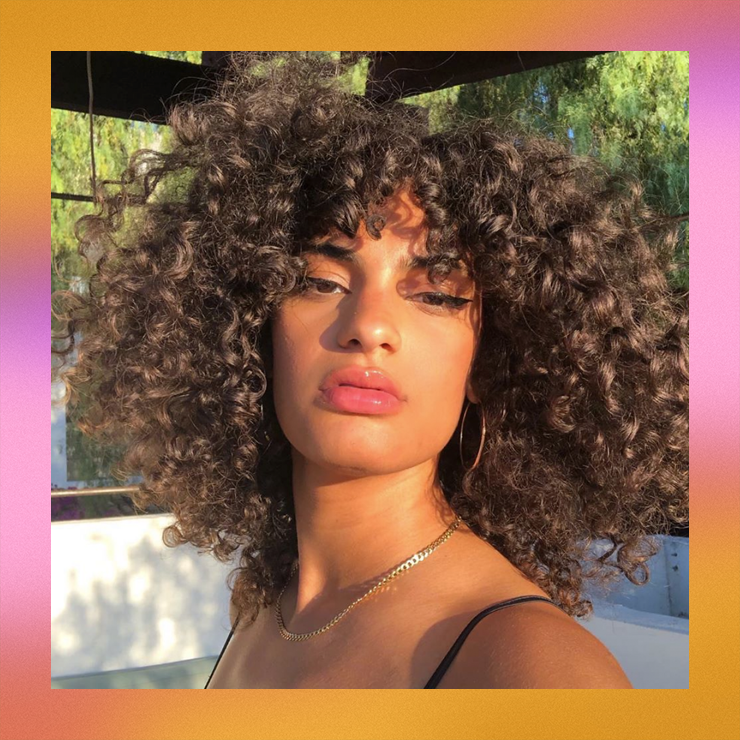
Darlene Demorizi, aka Dee Nasty, is having a good year. On top of her thriving career as a comedian, Dee Nasty also starred in De lo mío, one of the best Latino/Latin American films of the year. (We put it on our list here.) Indiewire and Film Threat also positively reviewed the movie. – Yara Simón
Lileana Blain-Cruz

Lileana Blain-Cruz, a director from New York and Miami, has had a successful career in theater, winning an Obie Ward in 2017 for directing The Death of the Last Black Man in the Whole Entire World. This year, she produced the first New York City revival of Fefu and Her Friends in 41 years. It’s an ambitious and necessary undertaking. “When I read it, I thought, ‘Why is nobody doing this? Why is nobody doing this play?’” she told Interview.
The play centers female friendships and it’s anything but conventional. “There’s a sense of it being enigmatic,” she added. “It doesn’t follow a linear structure. But it’s so complicated and alive and beautiful and such a rigorous study of women that it’s mind-boggling to me that it isn’t done more often. I was also super thrilled about it because she was doing this interactive theater thing in the ’70s, like moving people around space, you know?” – Yara Simón
Monica Campana
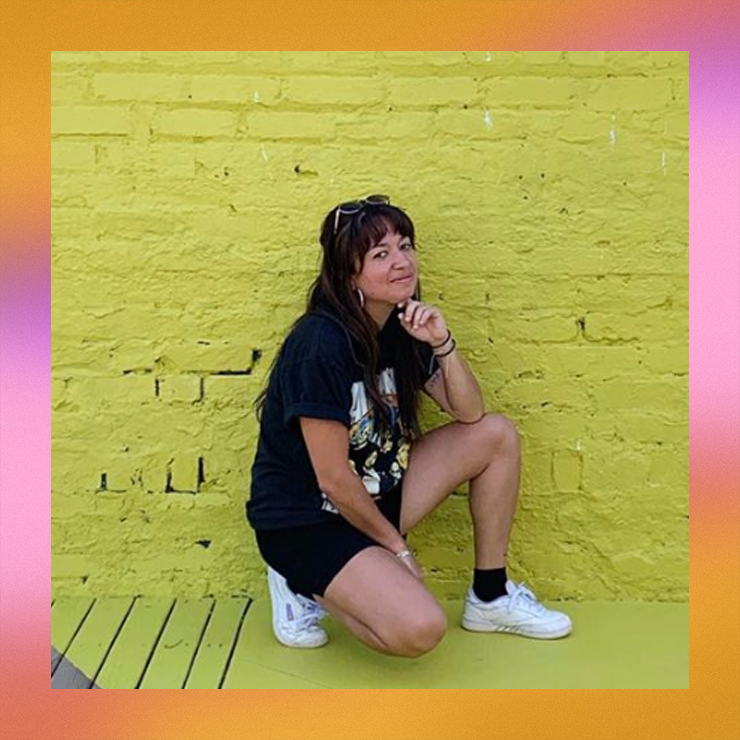
Monica Campana is an artistic force. In 2010, the Peruvian-born, Orlando-raised artist co-founded Living Walls, a nonprofit in Atlanta that creates intentional, thought-provoking public art to inspire social change and activate public spaces. In addition to helping Atlanta become one of the most exciting art cities in the country, Campana, through Living Walls, also ensures that the public art popping up around the metropolis is created with local immigrant and communities of color in mind and involved in the process.
“Art can be a tool for social change by just giving people a platform to express themselves and create projects in an inclusive way and giving the mic to people who don’t usually get to have it,” Campana told mitú back in January. “Aside from that, if it’s not a representation thing, I do think art is a tool that lets you see hope or experience things you never thought of. It’s a door that gets to someone that no other tool can.” – Raquel Reichard
Sashiko Yuen
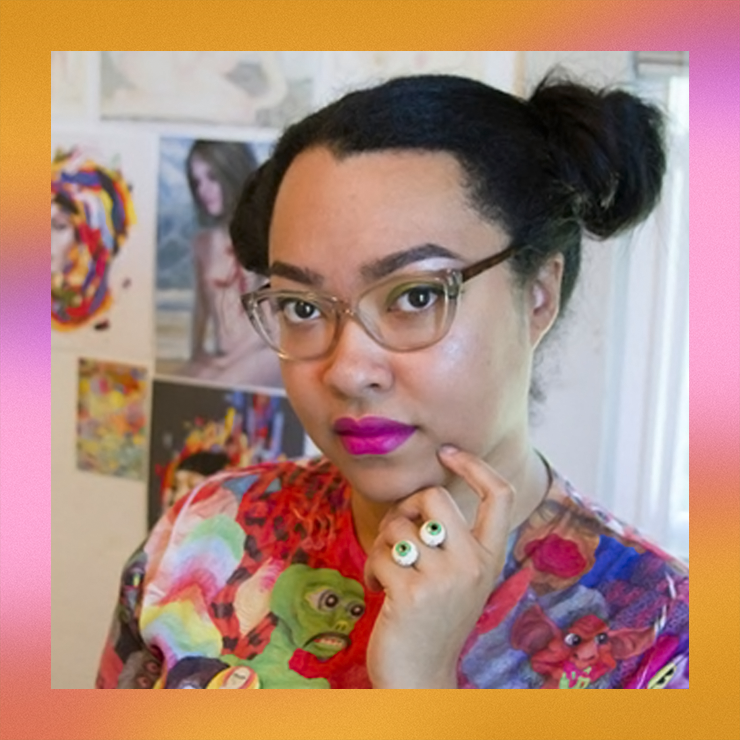
Sashiko Yuen, aka Wishcandy, is a Black, Latinx and Asian artist. Not only do they fill their online shop with colorful, attention-grabbing pieces, Sashiko also dedicates their time to creating very personal zines. “When I write zines, they’re deeply personal,” they wrote on Twitter. “I consider making less personal ones, but would they touch as many people? These take so long because I’m confronting myself.”
This year, Sashiko also contributed to doll hospital, a journal dedicated to mental health. – Yara Simón

Alexandra Rojas
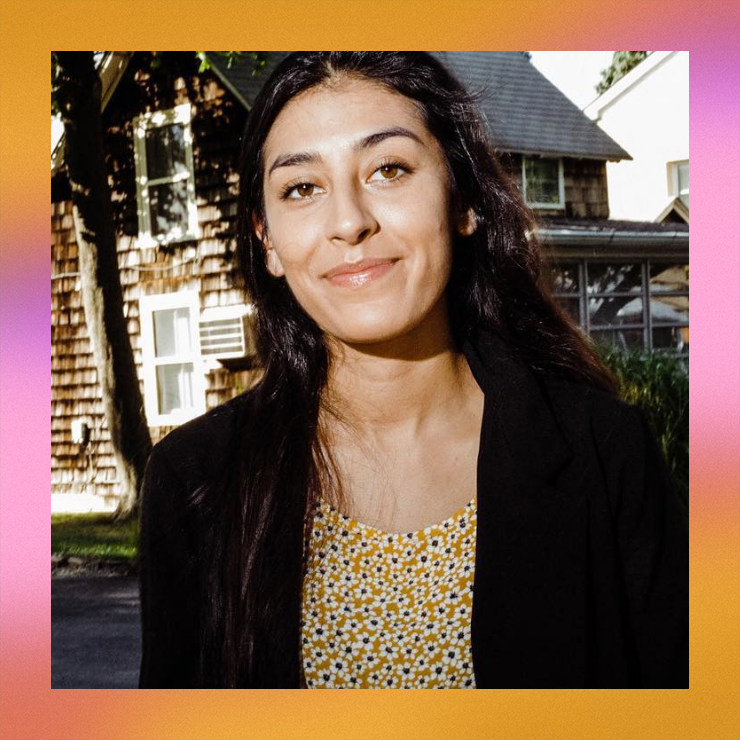
In 2018, Alexandra Rojas, 24, helped get Alexandria Ocasio-Cortez, Ilhan Omar, Rashida Tlaib and Ayanna Pressley elected through Justice Democrats, where she serves as the executive director. In 2019, she and JD have focused their attention on several candidates running for Congress in 2020.
Rojas, who made Time‘s 100 Next list, is dedicated to making the government more representative of everyday people. “That’s our whole pitch: Working people deserve just as much as billionaires to run government,” she told Vogue. “…Through this job, I’ve realized nobody actually knows what they’re doing. So that gives me a lot of comfort.” – Yara Simón
Jonathan Jayes-Green
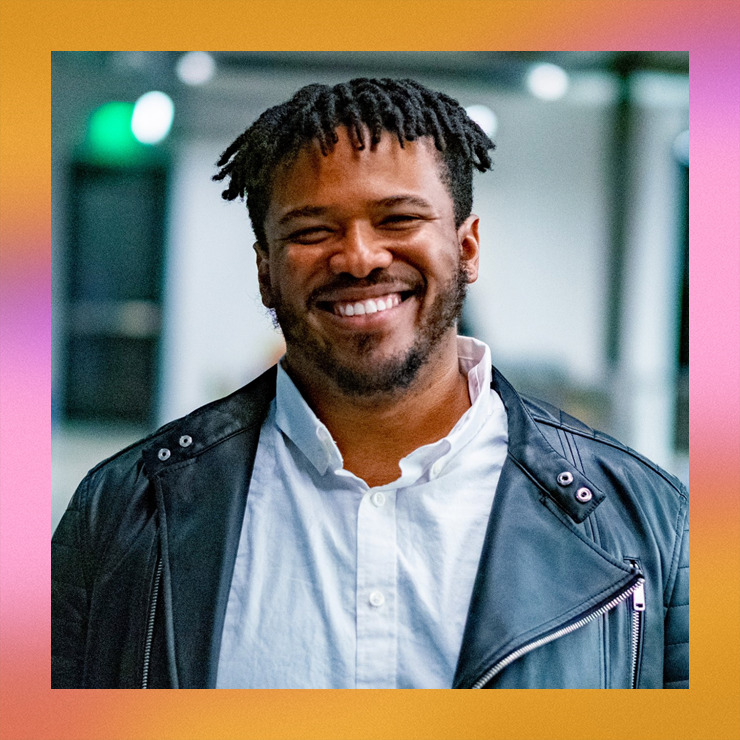
In September, the Warren for President campaign announced that it hired Panamanian-born Jonathan Jayes-Green as its national Latino outreach director. For years, the queer immigrant activist has worked in social justice spaces, co-founding and leading the UndocuBlack Network — a multigenerational network of currently and formerly undocumented Black people that fosters community and facilitates access to resources — as well as the political arena, serving as liaison and advocate of the Latinx and Caribbean communities in the office of the Governor of Maryland. In his new gig, Jayes-Green works to get Latinos familiar with presidential candidate Sen. Elizabeth Warren (D-MA) and help mobilize the community to vote for her in the 2020 election.
In a recent tweet, Jayes-Green, who is undocumented, spoke about his objective in the position. “I can’t vote due to my immigration status so I’m not voting for Elizabeth Warren in the Democratic Primary,” he said. “But I am doing everything in my power to make President Elizabeth Warren a reality.” – Raquel Reichard
Julián Castro
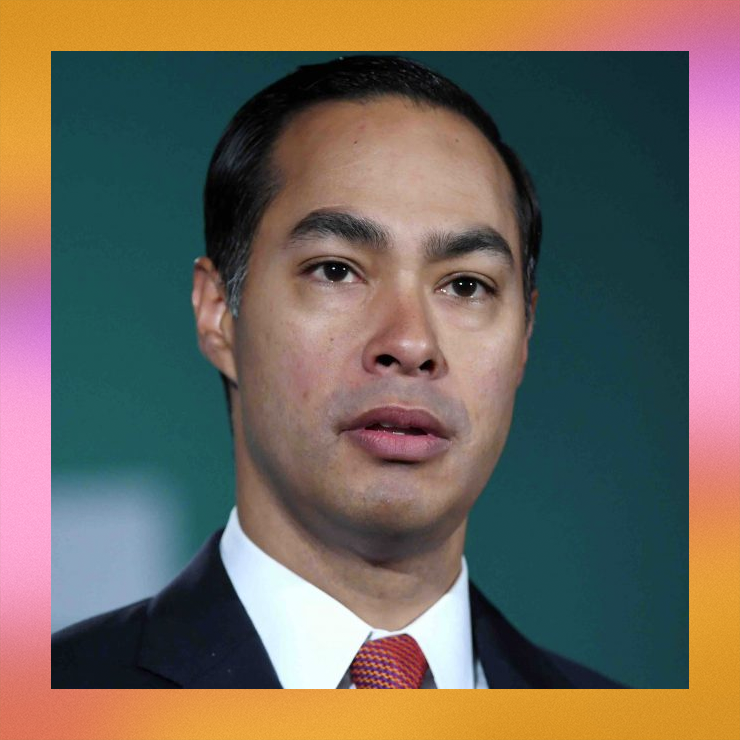
It’s impossible to speak about Latinos in politics in 2019 without mentioning Julián Castro. The former United States Secretary of Housing and Urban Development and Mayor of San Antonio launched a robust presidential campaign. He has impressed many with his comprehensive immigration plan (he was the first candidate to release his plan, as a matter of fact), his statement that “police violence is also gun violence” and his visit to a DC jail to talk criminal justice reform with inmates.
While Castro hasn’t received the media recognition he deserves, he has found ways to make an impact in this race. In November, he didn’t qualify for one of the debates, so Castro hosted his own on Twitter, answering the same questions that the other candidates discussed.
When he announced his candidacy, Castro said, “I am running for president because it’s time for new leadership, because it’s time for new energy. And it’s time for a new commitment to make sure the opportunities that I had are available to every American.” This message has shaped his campaign since. – Yara Simón
Regina Romero
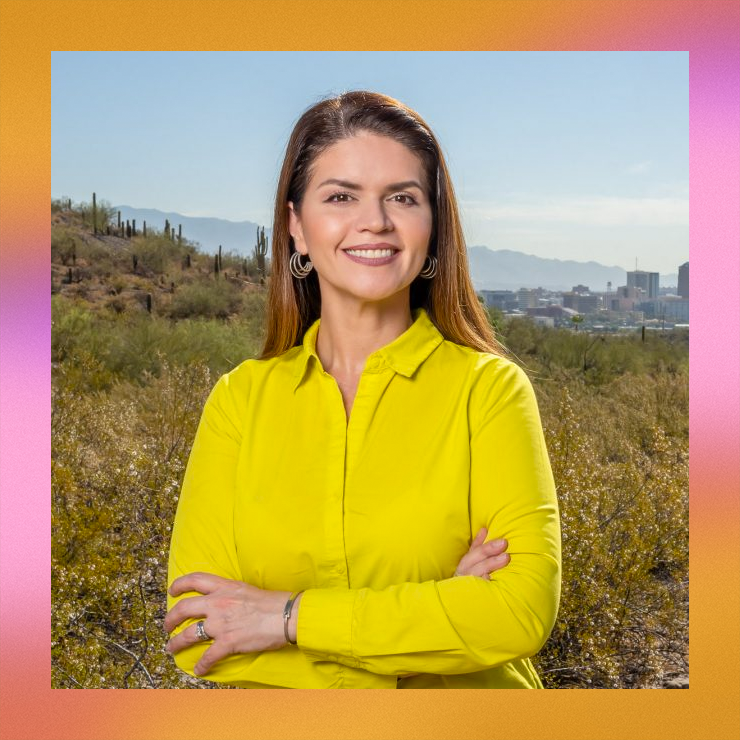
On November 6, Regina Romero made history when she was elected the first Latina mayor of Tucson, Arizona. When the former Democratic city councilwoman took office this month, she also became the first woman to hold the city’s highest elected position and the second Latino mayor of the second-most populated Arizona metropolis. During her victory speech, the Mexican-American politician called for unity.
“At a time when our national politics have been sown with division, Tucsonans remain united by our shared desire to promote a safe, just and sustainable city that provides economic opportunity for our families and future generations. This movement is open to everyone — whatever your background, whatever your party, whoever you voted for — let’s work together! We will always be one Tucson — somos uno,” she said, according to the Arizona Daily Star.
Romero is the only Latina mayor of one of the 50 largest cities in the country. – Raquel Reichard
Tiffany Cabán
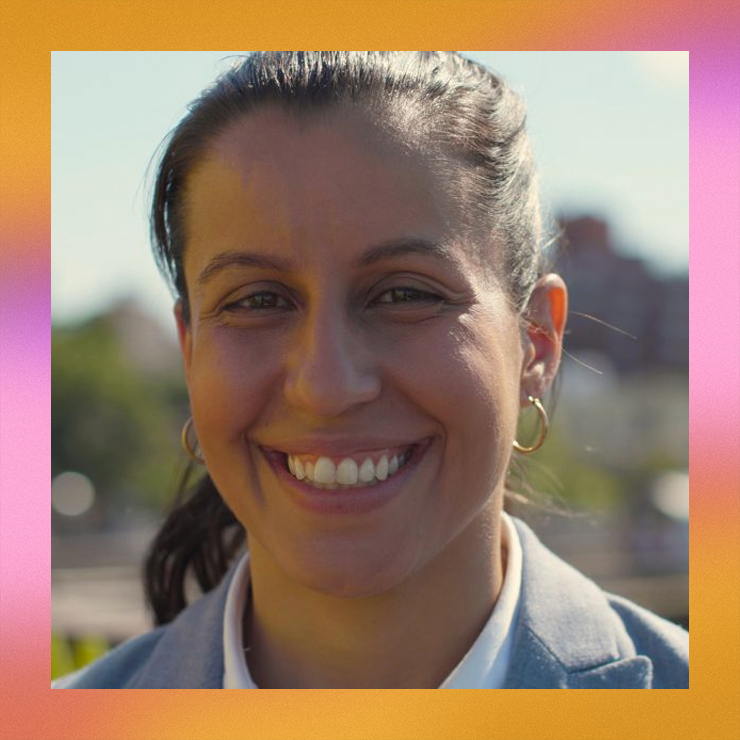
In New York, Tiffany Cabán participated in one of the city’s most talked-about, and controversial, electoral races of the year. The Queens-born Puerto Rican public defender ran for the borough’s district attorney’s office this summer, refusing corporate money and directly taking on the establishment candidate. Her likeness and backing from fellow New York progressive Alexandria Ocasio-Cortez brought her run into the spotlight but her revolutionary campaign and vision for the office, where she would have become the first woman, Latina and queer Queens DA, helped her gain massive support.
During the primary election on June 25, Cabán appeared to be the victor, leading Melinda Katz by 1,100 votes. However, by the next day, she was up by just 20 votes. The razor-thin margin prompted Katz to ask for a recount. After a six-week battle, Katz was declared the winner by 55 votes. While Cabán didn’t win, her vision, including creating genuine justice through trauma-informed, people-powered reform as a decarceral DA, spoke to millions and proved many are ready for a smarter and kinder justice system. – Raquel Reichard

Vanessa Luna
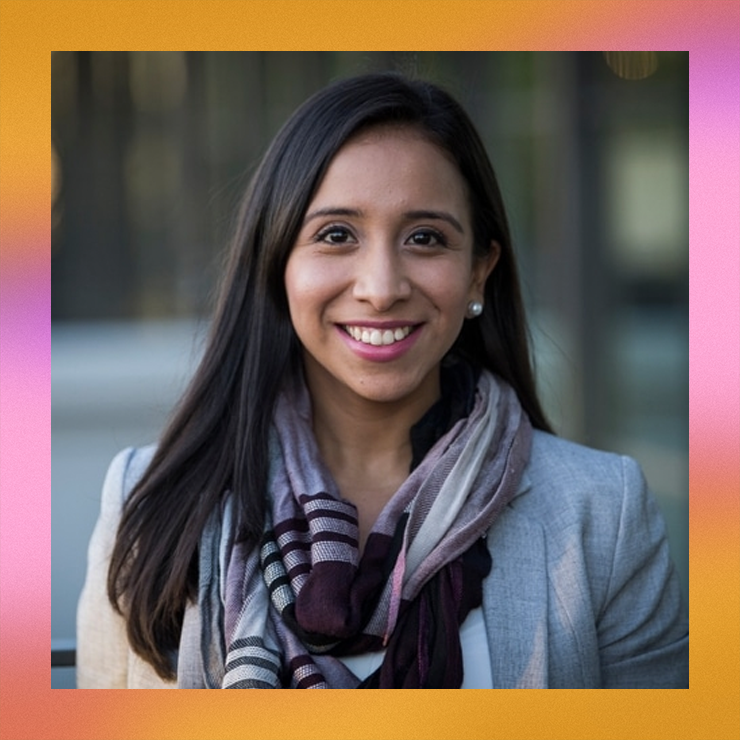
In 2017, Vanessa Luna cofounded ImmSchools, a nonprofit that gives teachers the tools necessary to support undocumented students and children of immigrants. By this year, more than 1,000 educators are expected to have joined. In 2019, Luna was both on Forbes’ 30 Under 30 and Time’s Next 100 lists. – Yara Simón
Siria Alvarez
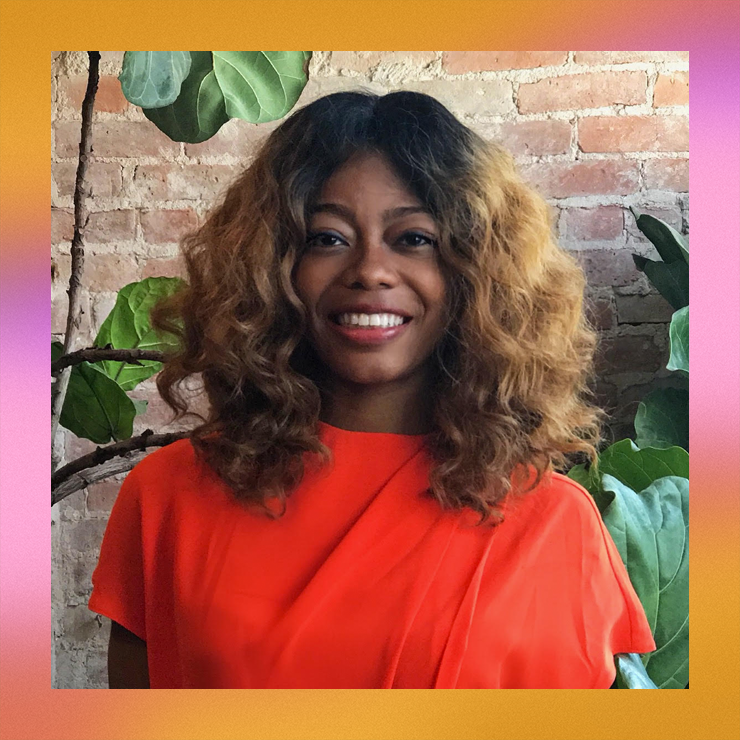
Central American stories do not get the attention they deserve in mainstream media. This is even more true for Afro-Central Americans, which is why platforms centering these experiences are so necessary. This year, Siria Alvarez began The Garifuna Market, an online shop selling items that represent the Garinagu, the Afro-Indigenous communities that have live on the Caribbean coast of Central America. But Alvarez uses her platform for much more. She engages her followers on discussions about tradition, figures who deserve more recognition and who should tell their stories. – Yara Simón
Rebecca Alvarez Story

Rebecca Alvarez Story is the founder and CEO of the Bloomi, a tech startup and digital marketplace for healthy and organic intimate care and sex products. The Los Angles-based Mexican-American launched the shop in 2018 but has seen it grow exponentially this year, including initiating an influencer marketing program, working with Latinas like Danyeli Rodriguez Del Orbe, Amy Quichiz and Locatora Radio’s Diosa Femme and Mala Muñoz, expanding the amount of products available on the marketplace and announcing an original line of nontoxic products. In addition to the merch, including organic period underwear, tampons, liners and cups, intimate cleansers, ingrown concentrates, vibrators, water-based lubricants and postpartum creams, oils and balms, among much more, the Bloomi also features a blog with easy-to-read articles on sexual health, wellness and pregnancy. – Raquel Reichard
Lynn Torres

Lynn Torres made an important contribution in the meatless alternatives space. This year, the entrepreneur opened Eat Love, touted as the United States’ first vegan fried chicken restaurant. Much like KFC, Eat Love offers chicken sandwiches and buckets of chicken. But that’s where the similarities end.
“We are better than KFC and Chick-fil-A because we want to share amazing and delicious food without harming animals and without harming our health,” Torres said, according to VegNews. “We actually really care about animals, the environment, social issues, your health and the world.” – Yara Simón
Ada Rojas
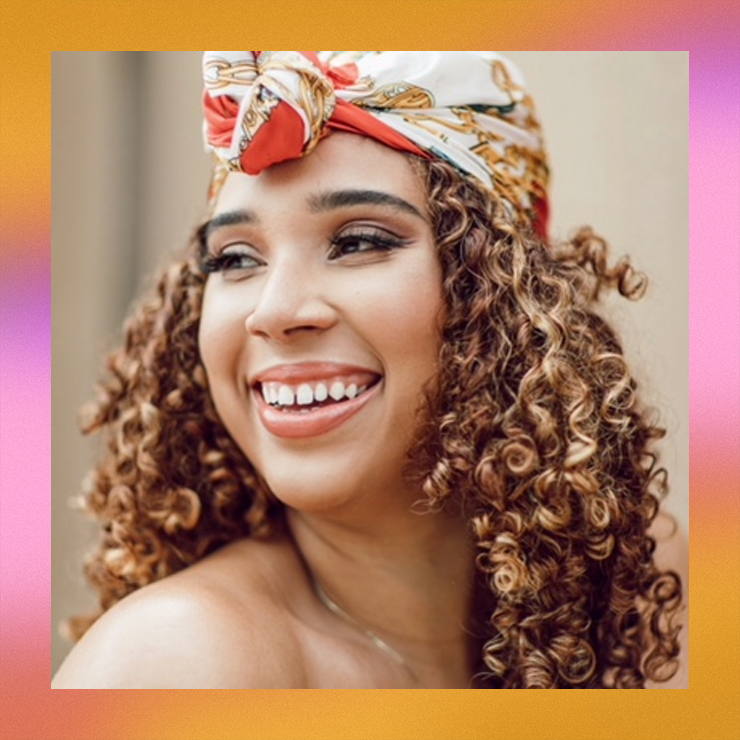
Beauty influencer Ada Rojas has been a key figure in the natural hair movement for several years, but through her own journey she discovered a dream that was bigger than content creation: starting her own hair care line. This year, the Bronx, New York-raised Afro-Dominican realized that reverie when she launched Botánika Beauty, a curly hair line inspired by botánicas that are found around Latino neighborhoods. Using natural herbs that can be found at your neighborhood botánica, like sage and bay leaf to stimulate hair growth and add shine, the brand celebrates beauty, culture, tradition and wellness. – Raquel Reichard








